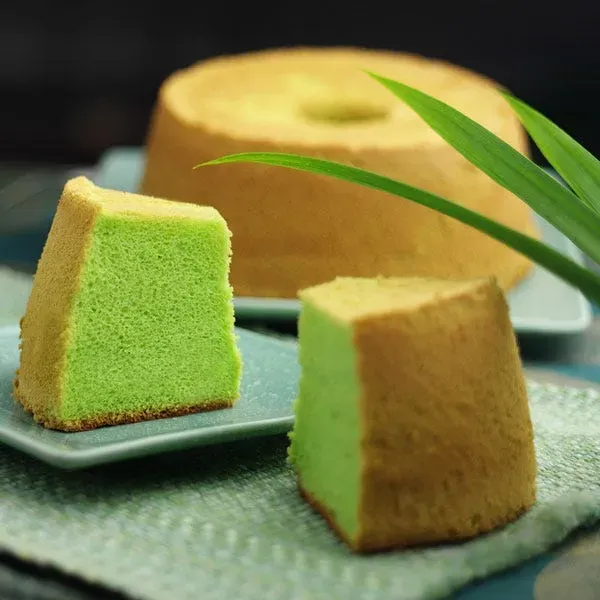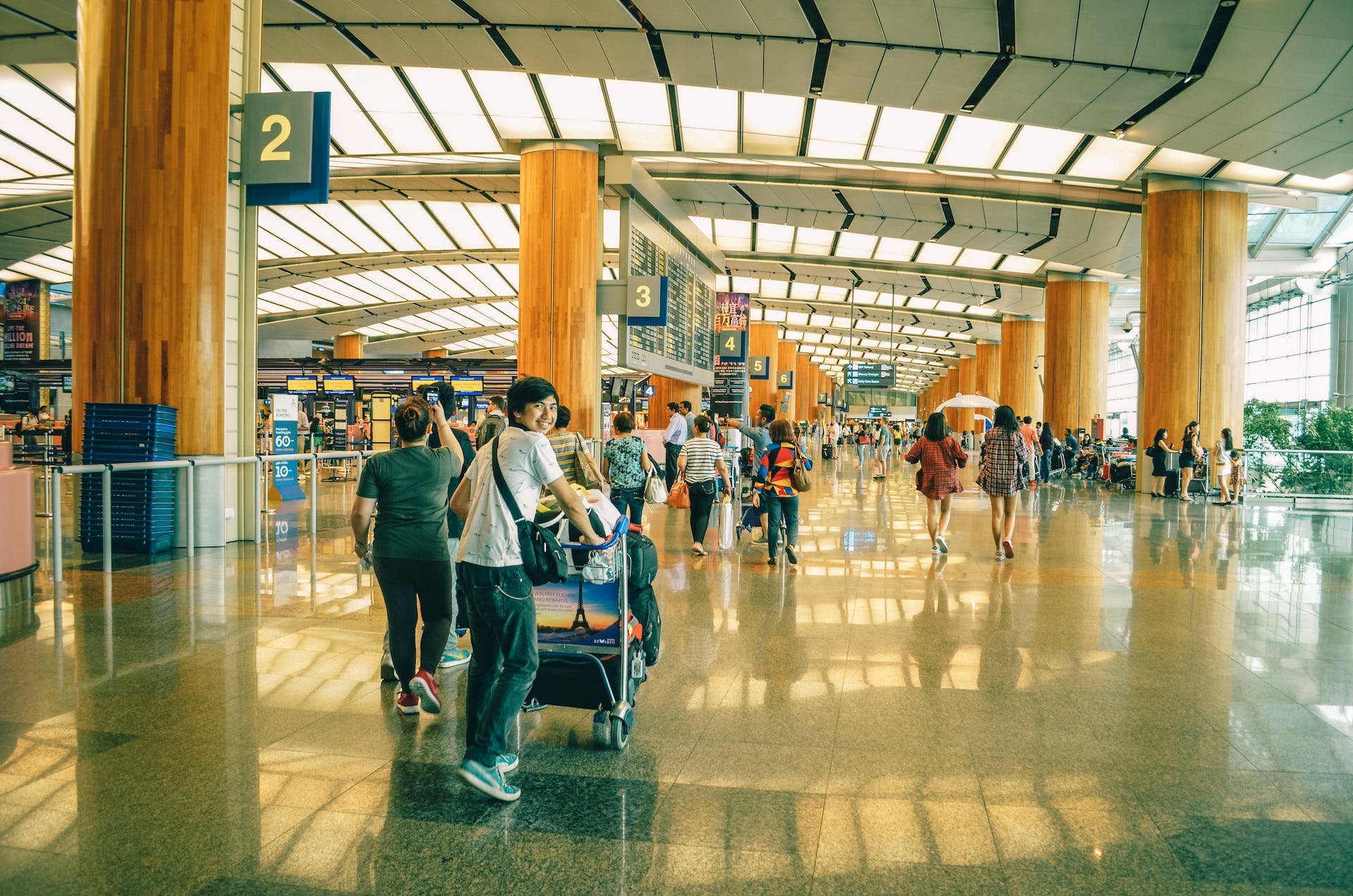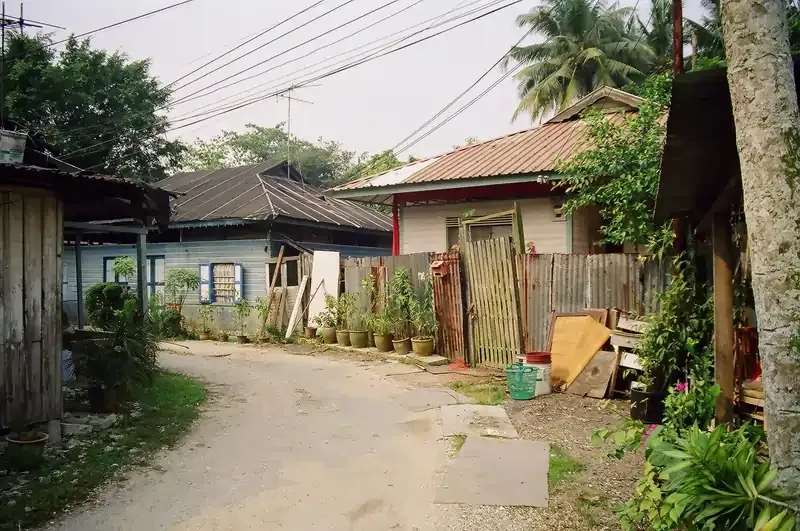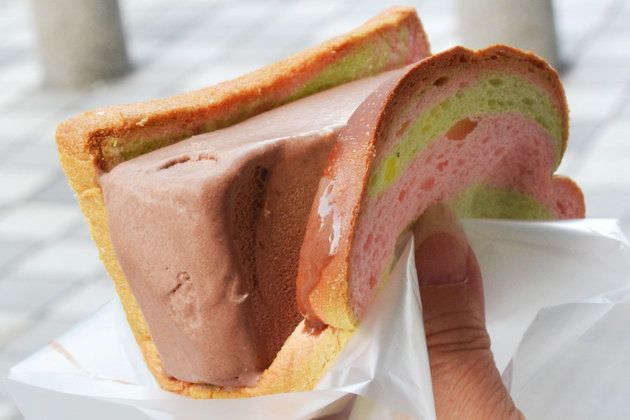When is the best time to visit Singapore?
Find the best time based on weather, festivals, and other factors.
Singapore, known as the "Lion City," is a vibrant mix of cultures, cuisines, and attractions that draw millions of visitors every year. Being a tropical city-state, Singapore is generally a year-round destination. Planning to visit Singapore and trying to identify the best time? Understanding the weather patterns, festivals, and tourist seasons could help you find the best time to visit.
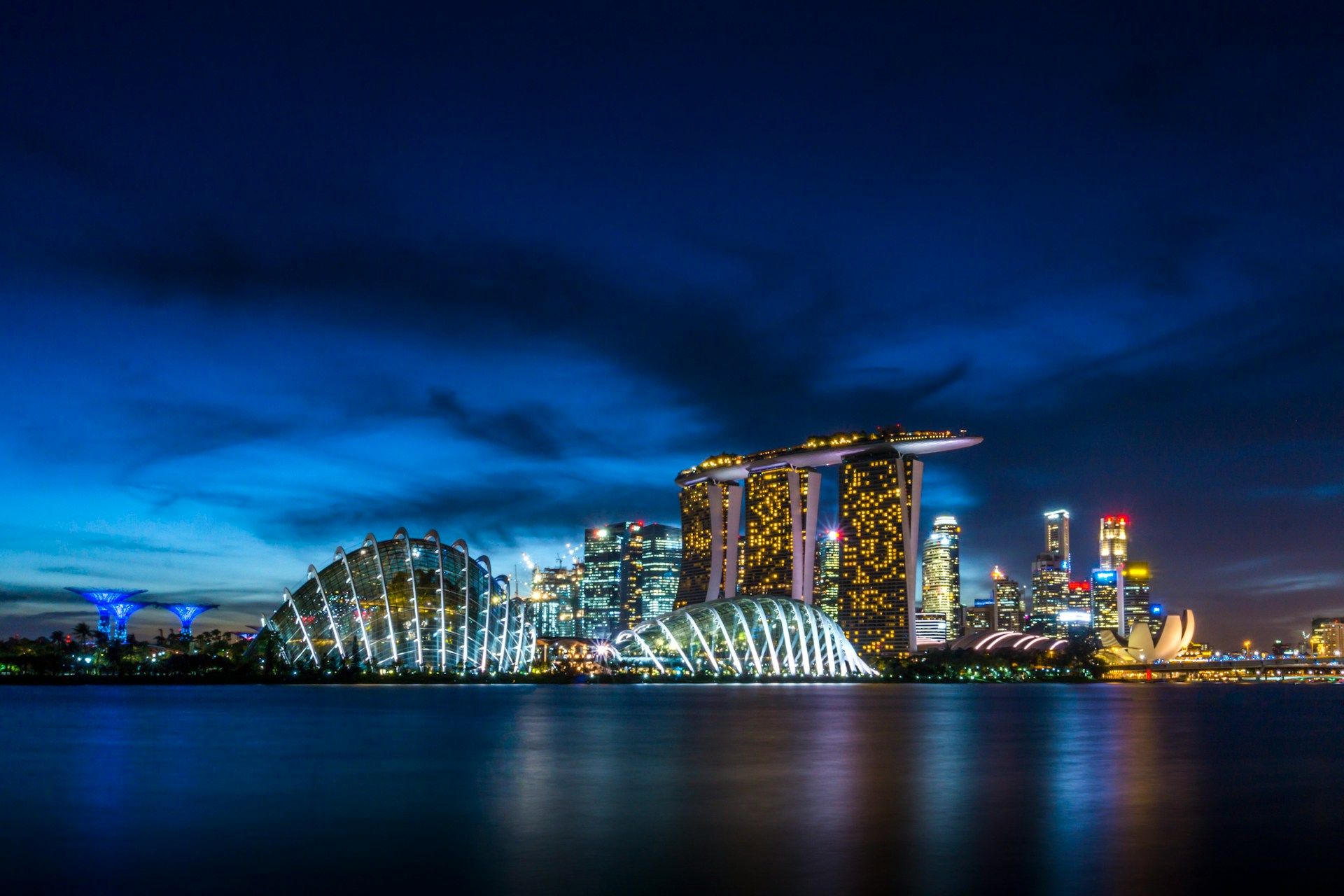
Understanding Singapore's Weather
Singapore enjoys a tropical rainforest climate, which means it's warm and humid throughout the year. Singapore doesn’t experience the typical four-seasons, and the only seasonality to speak of in Singapore is ‘warm’ and ‘very hot’; or ‘rainy’ and ‘very rainy’.
Throughout the year, temperatures typically from 27°C to 34°C. In cooler months (typically from November to February), temperatures may occasionally fall between 22°C to 26°C. However, these lower temperatures are often also accompanied by a lot of rainfall.
Singapore experiences very frequent rain, especially during the monsoon seasons from November to January and June to September. These can sometimes be rather short-lived, but it is not uncommon to experience an entire day of rain.
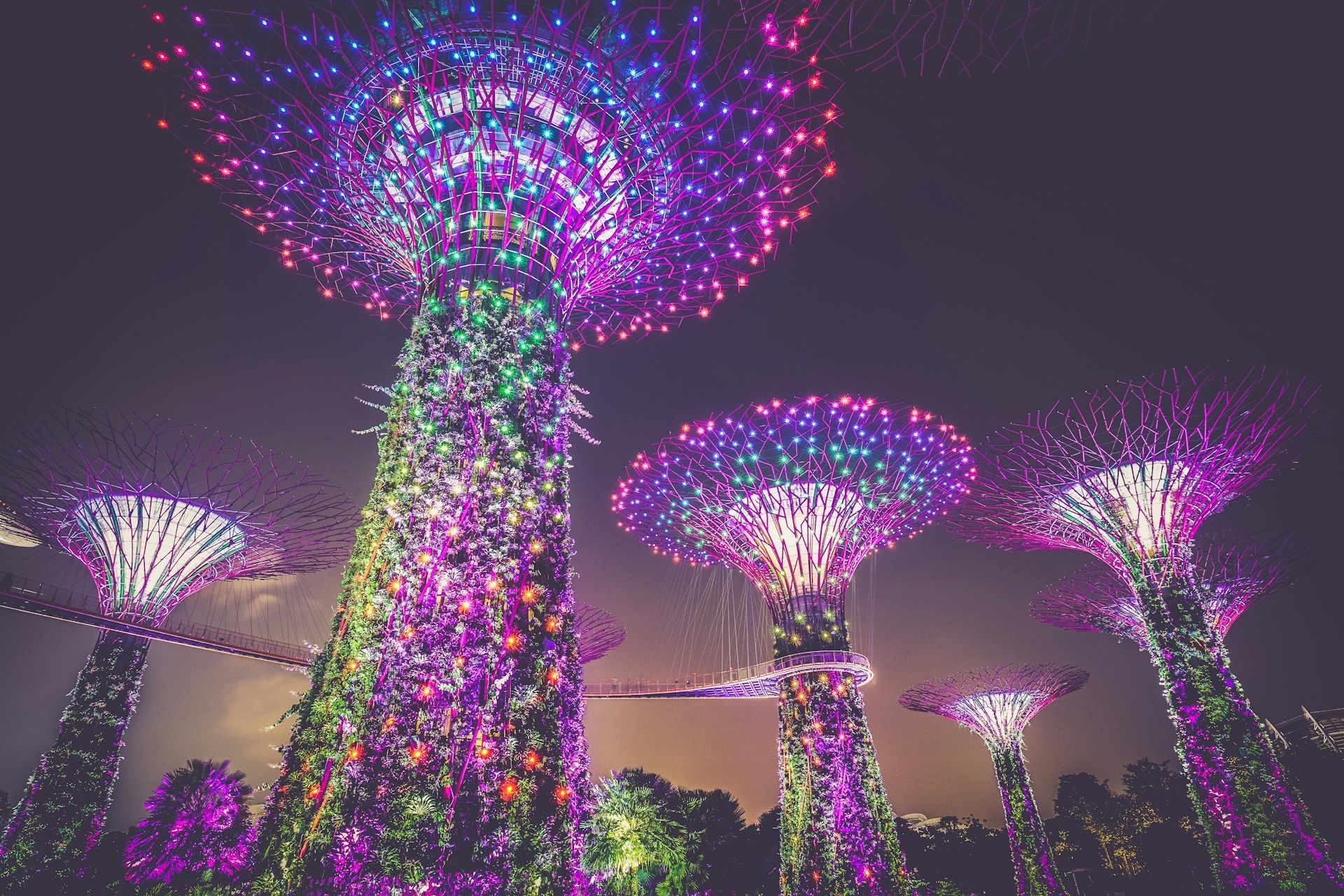
Best Time to Visit Singapore Based on Weather
While Singapore’s weather is fairly consistent, the drier season between February and April is considered the best time to visit. During these months, the rain is less frequent, and the skies tend to be clearer. This period is ideal for outdoor activities, sightseeing, and visiting Singapore’s famous gardens and parks.
The heat and humidity could possibly can get unbearable from May to August for those who are not accustomed to the Singapore weather. November to February often have the coolest temperatures, but it is also the wettest months so it could impact your sightseeing plans.
Best Time to Visit Singapore Based on Festivals and Events
Singapore is known for its cultural diversity, and there are several vibrant festivals throughout the year that can make your trip even more special.
- Chinese New Year (January or February): This is one of the biggest celebrations in Singapore. Chinatown comes alive with parades, dragon dances, and lantern displays. The best time to visit would be the days leading up to Chinese New Year. If your visit will cross over the Chinese New Year, it is important to be aware that most shops would be closed on the first two days of Chinese New Year, and some might have extended closures.
- Hari Raya Puasa (Eid al-Fitr): Celebrated by the Muslim community in Singapore, this festival marks the end of Ramadan. Geylang Serai and Kampong Glam are lit up with decorations, making it a great time to experience local culture.
- Great Singapore Sale (June to August): For those who are looking to snag up some shopping deals, consider visiting during the period from June to August. While recent years have seen much less fanfare surrounding the Great Singapore Sale, it is not uncommon to see retail shops put up sales and discounts during this period.
- Singapore Grand Prix (September): Formula 1 fans flock to Singapore for this exciting night race. The city transforms into a playground of events, concerts, and parties during the race weekend.
- Deepavali (October or November): The Hindu festival of lights is another vibrant event. Little India is adorned with dazzling lights, traditional performances, and street markets.
- Christmas (December): While Singapore might not be on the top of your list for places to celebrate Christmas, Christmas is rather festive in Singapore with the Christmas light-up and special events at major tourist attractions. It could also be rather interesting to see how malls make their shift from Christmas to Chinese New Year decorations and celebrations almost immediately after Christmas ends.
Best Time to Visit Singapore to avoid the crowds
If you're looking to avoid large crowds, July to September and January to mid-March are considered low-season periods. During these months, you can find better hotel deals, and popular attractions tend to be less crowded.
November-December coincides with the school holidays in Singapore, which means more families at tourist attractions. However, while there could be more families at family-friendly tourist attractions, there is generally less people around everywhere else, as Singaporean families flock abroad to enjoy their own holidays.
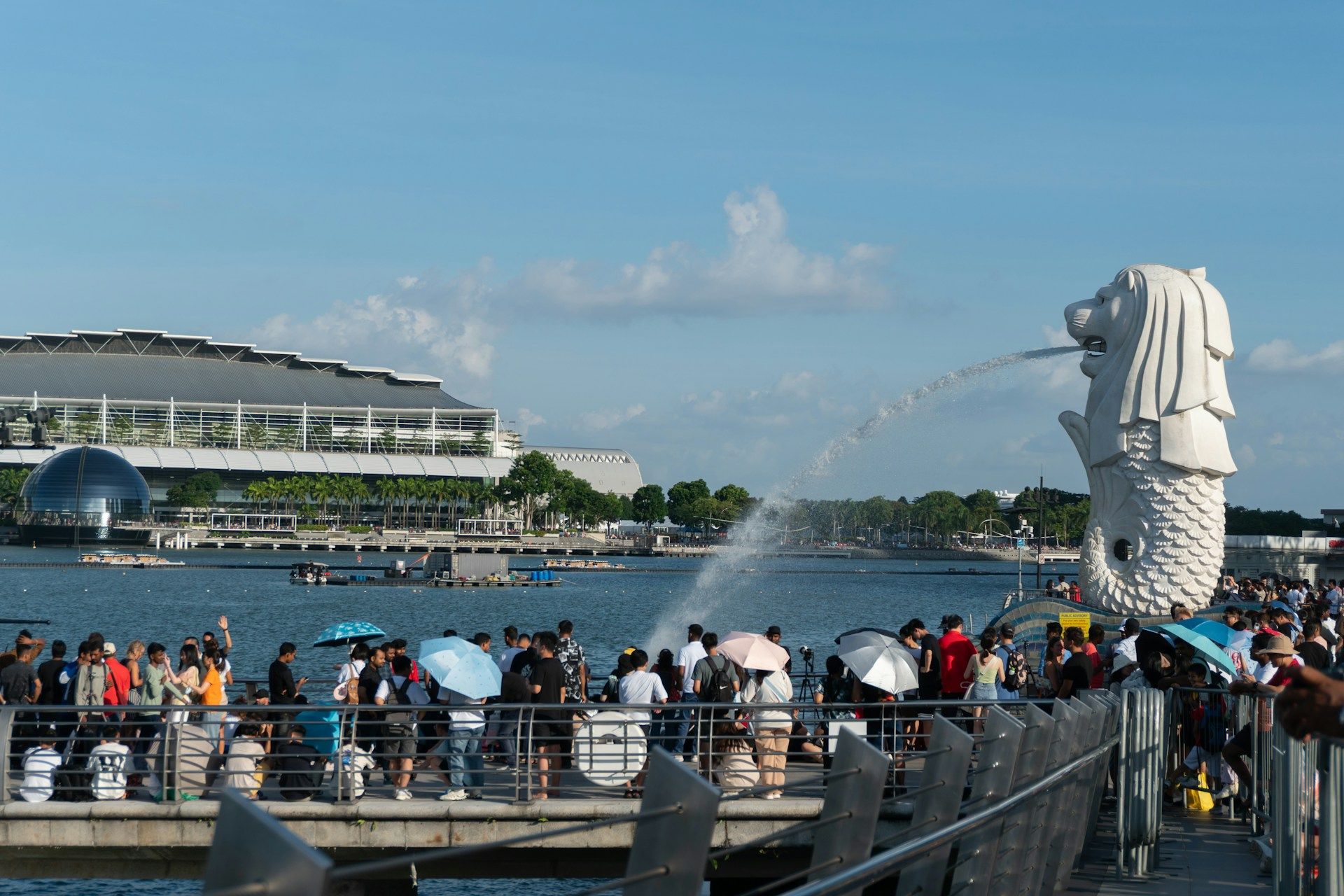
Most expensive times to visit Singapore
Accommodation prices could become more expensive in Singapore during these periods:
- Second half of July to early August: There is higher demand for hotels during the weekends during this period even as Singaporeans try to snag a room to catch the fireworks display for Singapore’s National Day celebrations.
- June and November-December: School holidays also often mean higher accommodation prices as families book a night or two for a staycation. Accommodation bookings during Christmas and the New Year are often also much more expensive.
Stay connected in Singapore with a Nomad Travel eSIM
No matter when you visit, you can stay connected in Singapore with a Nomad travel eSIM for Singapore. Nomad's eSIMs give you access to affordable data eSIMs in over 200+ destinations worldwide — including Singapore.
Choose from a variety of local, regional, and global data plans, buy and install your eSIM before you fly, and connect to a mobile network within minutes of arrival. Running out of data mid-trip? Simply purchase an add-on in the Nomad app.
If you will be also taking the chance to visit other countries in the region, Nomad also offers a regional eSIM for Asia, allowing you to stay connected seamlessly as you explore the region.
